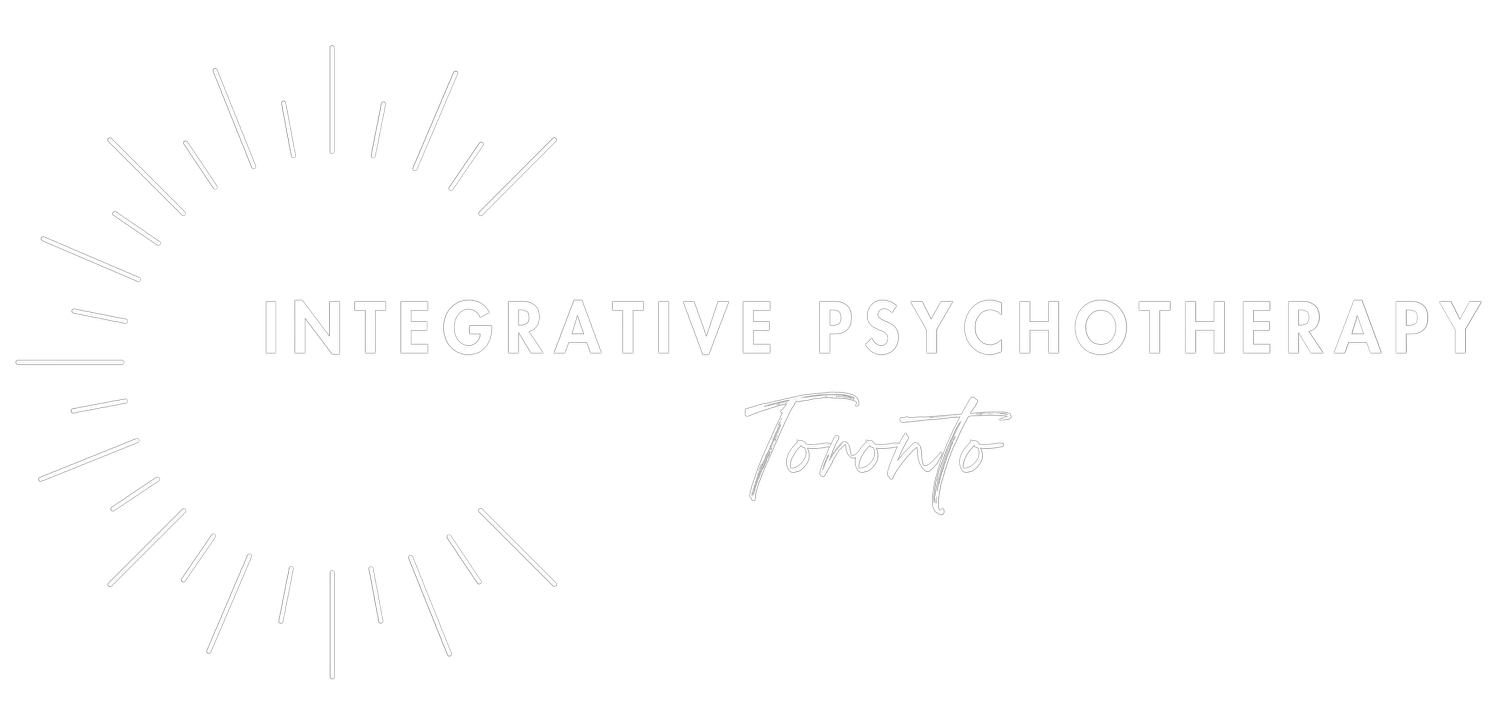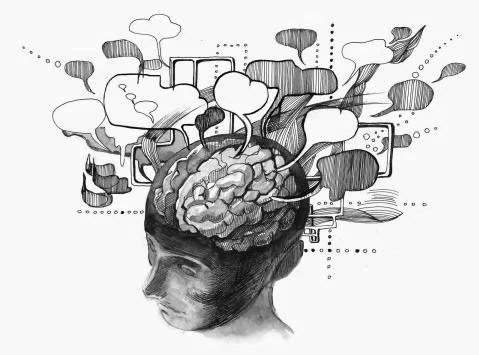Somatic Therapy, a body-based approach to healing, taps into the mind-body connection to release stress, anxiety, and trauma stored in our physical self. Discover how somatic experiencing can help you find calm and reconnect with your body in Toronto.
How EMDR Works
Recognized for its effectiveness in treating conditions like PTSD, anxiety, and depression, EMDR therapy is an empowering path to break free from emotional pain and reclaim a sense of self. Here’s a closer look at how EMDR works, the neuroscience behind it, and why so many people in Toronto are turning to EMDR for deep healing.
How Breathwork Works
With roots in ancient healing practices, breathwork is not just about breathing; it’s about unlocking the mind-body connection to release trauma, relieve stress, and empower personal growth. But how exactly does breathwork work, and why is it so effective? Explore how breathwork can release trauma, reduce anxiety, and calm the mind.
Shorts: EMDR & Depression
Depression can feel like a dark shadow that constantly hangs over us, leaving us feeling hopeless and helpless. While there are a number of different treatment options available for depression, including medication and psychotherapy, many people find that these approaches do not provide the level of relief they are seeking. For these individuals, Eye Movement Desensitization and Reprocessing (EMDR) therapy offers a promising approach to managing and reducing symptoms of depression.
Deep Dive: EMDR, A Primer for Patients
Imagine our brain as a room with one giant filing cabinet in the centre of it. The filing cabinet is made up of many drawers (representing memory networks), which are filled with many files (representing brain cells). At birth, most of these files are strewn about the room haphazardly, with relatively few being stored in the filing cabinet. During the course of our life, the files in the room are gradually organized into drawers of the filing cabinet.
Depression is Not a Prozac Deficiency
Mental Health: A Misnomer?
As far back as ancient Greece, there has been an understanding that there is some qualitative difference between the mind and the body. The body is something we can touch and feel and see, while the mind seems more elusive. While the body is made of the physical, the mind is made of the electrical, the energetic, perhaps the spiritual. But where does the brain fit in? And disorders such as depression and anxiety – to which domain do they belong?
Shorts: The Window of Tolerance
What makes something traumatic for one person and mildly disturbing for another? Why does the idea of public speaking leave one person exhilarated and another paralyzed with panic? Our nervous system has an ideal climate; a Goldilocks zone in which it operates best. This zone is called the Window of Tolerance, and where we are in relation to it has tremendous impacts on our mood, emotional state, and mental capacity.
The T Word
In the realm of mental health, the word “trauma” can invoke a lot of different ideas and associations. There tends to be a general consensus around what is sometime referred to as “Big T” trauma, while there is somewhat less agreement in the realm of “small t” trauma. The difficulty with categorization provides a clue as to how the premise of the question might be flawed.












